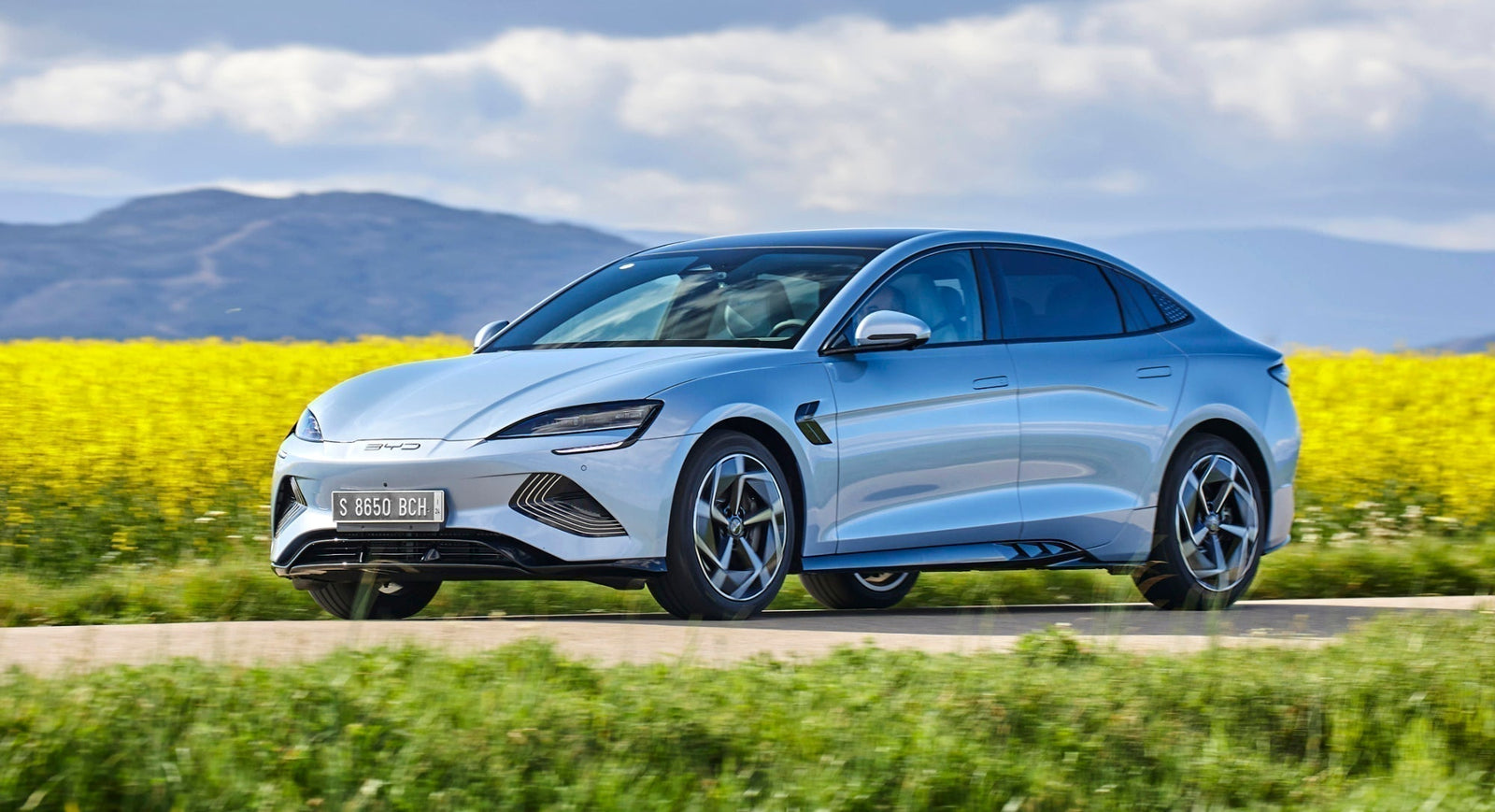BYD has rapidly climbed to the front of the global electric vehicle market. In April 2025 BYD sold 7,231 battery electric vehicles in Europe compared with Tesla’s 7,165 for the same month. In Australia, BYD outsold Tesla for the first time in June 2025 with 8,156 new vehicle registrations versus Tesla’s roughly 4,589 for the month. The trend is clear across Asia as well, where BYD has reported dominant new energy vehicle volumes in several markets during 2025.
A Broader EV Landscape
These numbers sit against a backdrop of rapidly expanding electric vehicle choice. Legacy manufacturers such as Volkswagen Group, Toyota and BMW, and newer challengers such as Hyundai–Kia, Volvo and Nissan, are all scaling their EV lineups. Chinese brands beyond BYD, including Geely, NIO and Xpeng, are also pushing into overseas markets. The result is a fast-moving EV market where model range, price competitiveness and battery technology determine winners and losers.
Recent Car Sales Milestones
- Australia (June 2025): BYD recorded 8,156 new vehicle registrations for the month versus Tesla’s approximately 4,589.
- Europe (April 2025): BYD registered 7,231 battery electric vehicles in April compared with Tesla’s 7,165.
- China (mid 2025): BYD reported very large NEV (New Energy Vehicles) volumes across multiple months, substantially outpacing many competitors in local market share.
Why this Matters Beyond Cars
Automotive success has practical effects for industrial products. A strong passenger car business drives brand recognition, dealer networks, parts logistics and aftersales capacity. That same infrastructure and trust can make procurement teams more comfortable specifying industrial equipment from the same manufacturer. In short, gains on the road can lift awareness of a brand’s broader product range in warehouses and distribution centres.

Lithium Iron Phosphate Batteries
A central reason for BYD’s automotive momentum is its use of lithium iron phosphate battery chemistry. BYD’s Blade style LFP cells trade slightly lower energy density for clear advantages in safety, longevity and fast charging. The same chemistry underpins BYD’s electric forklifts, producing sealed battery packs with stable thermal behaviour and strong cycle life.
Practical advantages of BYD’s LiFePO4 battery approach:
- Safety and stability: LiFePO4 chemistry is thermally stable and less prone to thermal runaway than some alternative lithium formulations.
- Maintenance-free operation: LiFePO4 packs do not require watering or corrosive acid handling, simplifying fleet maintenance.
- Fast charging and opportunity top-ups: Rapid charge capability enables partial charges during breaks, reducing the need for spare battery racks and lengthy downtime.
- In-house integration: BYD designs cells, packs and battery management systems in-house, allowing hardware and software to be optimised together for reliability and efficiency.
BYD Battery Tech Translates to Forklifts
BYD applies the same battery engineering used in its electric cars to its forklift range. The outcome is trucks that are built for multi-shift work, with predictable runtime and fewer servicing requirements. For Australian operations, the combination of quiet, emission-free operation and fast top-up charging can raise workplace safety and lift overall throughput on busy floors.
Operational benefits typically experienced in BYD electric forklifts include lower ongoing energy and maintenance costs, higher uptime through opportunity charging, and improved operator comfort because of reduced noise and emissions. BYD reports substantial operating-cost advantages compared with older lead-acid setups, while offering battery systems that tolerate a wide range of ambient conditions.
BYD Forklift Models: ECB vs EL-Pro
BYD’s forklift offering in Australia is centred on two series that address most warehouse and yard needs: the ECB heavy-duty series and the EL-Pro series.
ECB series
The ECB series is BYD’s heavy duty, premium counterbalance line. These trucks are designed for large loads and demanding applications such as port yards, heavy warehousing and industrial sites where stability and robust construction matter. ECB models use sealed LiFePO4 battery packs that support long multi-shift operation and fast top-up charging. The design emphasises reinforced masts, heavy chassis components and operator comfort for sustained, high-intensity work. Because the ECB range targets higher capacity tasks it sits at the top end of BYD’s price spectrum and is specified when uptime and raw lifting capability are priorities.
EL-Pro series
The EL-Pro series is BYD’s standard duty, versatile counterbalance family. These trucks are tuned for everyday warehouse and distribution tasks, retail logistics and light yard work. EL-Pro models share BYD’s LiFePO4 battery platform but are optimised for maneuverability, cost effectiveness and repeated pallet handling. They deliver agile performance and ergonomics that suit indoor operations and facilities prioritising operator comfort without the need for the heaviest lift ratings.
What Australian Operators Should Consider
- Charging strategy: Plan for opportunity charging during shift breaks to avoid long battery changeovers and maintain throughput.
- Environment: Confirm battery preconditioning and charging protocols for cold storage to protect battery performance in low temperatures.
- Total cost of ownership: Evaluate lifecycle energy costs, maintenance and uptime rather than purchase price alone.
Conclusion
BYD’s strong 2025 car performance across Australia, Europe and Asia reflects a combination of competitive pricing, expanded model choice and robust battery technology. Those same battery capabilities now power BYD’s forklift range, offering Australian operations an opportunity to electrify material handling with trucks designed for multi-shift use, rapid opportunity charging and quiet, emission-free operation. As BYD’s reputation grows on the road, it is lifting awareness of the company’s industrial products in warehouses and distribution centres around the country.
Note: For model specific performance and operating guidance, consult one of our expert forklift specialists to guide you through the process sales@myforklift.com.au



